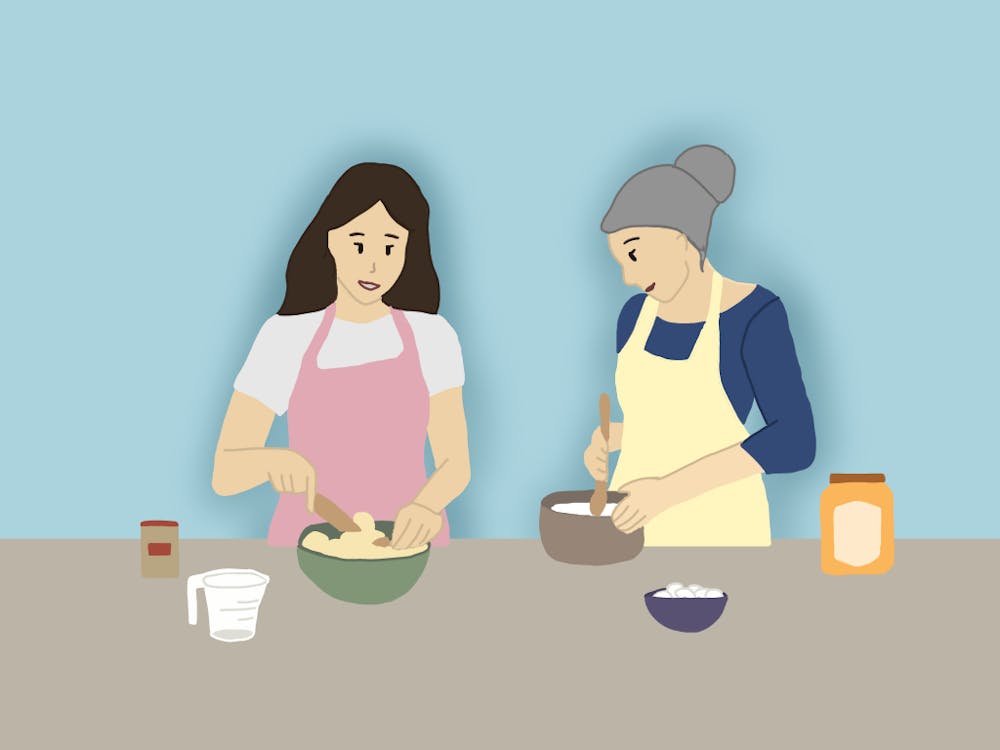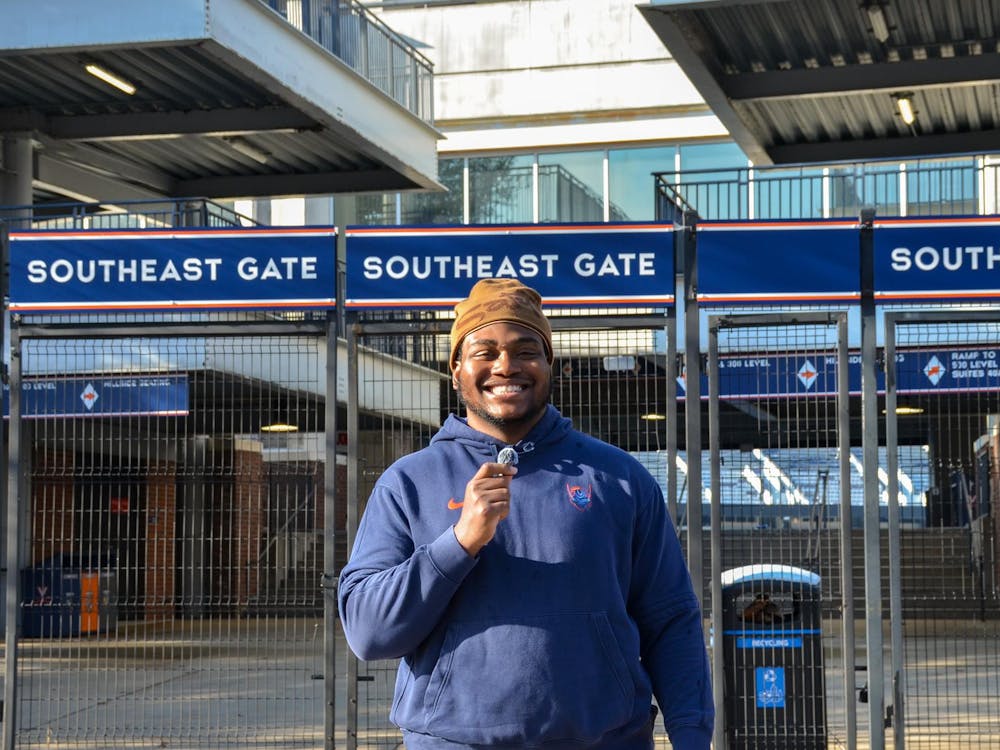Christian houses are a popular living option at U.Va., perhaps more so than on other college campuses. Whether they are formed by groups of friends or organized through a particular Christian organization, they line Chancellor and 14th Street, housing students who wish to live purposefully in a Christian community.
The Center for Christian Study hosted speaker Rod Dreher last week who lauded Christian living at U.Va. and the importance of community in a “post-Christian” time. Following his talk, he posted on “The American Conservative” to highlight the mission of these houses at U.Va., and explaining that they serve to hold each other to higher standards of behavior and spiritual discipline. To him, these houses are such an obvious good that he wonders why Christian living isn’t more common.
Christians believe in the grand vision that each of us is infinitely and graciously loved. But how can we aspire to this truth and then shake our fingers in accusation at the “post-Christian” world? How can we even claim that there is a “post-Christian” world when each of us is made from the same light, loved by the same God?
I’ve never lived in a house of all Christian friends, so I can’t say he was wrong in commending these communities, and I certainly can’t say I am right in disagreeing with him. In fact, I know many people who have loved their experiences in these homes and have cherished the community of shared faith. However, I can’t help but wonder what it would be like if we crossed the boundaries of college culture and lived together with the tension of diverse views and divergent opinions.
Truthfully, I’m not sure I can believe in a God who condones separated communities of Christians and non-Christians, who doesn’t want to break every single barrier between us. Rather, I hope God wants us to live together in one broken and messy, yet beautifully unified, home.
As I can’t even begin to piece together the puzzle that is God, I wonder how others are so sure of the right answers and the right way of living. I’m not even sure there are standards of living, let alone do I know where to set those standards. However, in many of the Christian organizations I’ve been a part of, there seems to be a clear stamp on the Christian vs. non-Christian way of life: church attendance every Sunday, no sex before marriage, no excessive drinking and certainly no drinking before you’re 21. And if you don’t follow these guidelines, maybe you’re not the best fit for that Christian community — they would never say this, but their demeanor and expectations make it clear.
There are moments when I am sure I know all I need to know of God — in the yellow of the turning aspens, in the painful loss of a life, in the embrace of my sweet mother.
But, then I am caught in these moments of frustration and confusion, moments when I witness choices in the religious community that I simply can’t agree with. And the question arises: where does God end and where does our brokenness begin? How am I to piece together an image of the God I love, when each moment of understanding is subsequently shattered by a moment of resentment?
These questions have always wrestled inside of me, and they always will. Sometimes I think God can be likened to a magnificent disassembled machine to which we’ve been given thousands of instructional booklets — it’s kind of a crapshoot as to whether or not we choose the right one. And maybe that’s the point, maybe God can’t be boxed into one way of living. And perhaps, when we embrace this ambiguity, we will be able to live with the tension of real community, fully and graciously loving each other no matter what we believe.
Peyton’s column runs biweekly Wednesday. She can be reached at p.williams@cavalierdaily.com.







